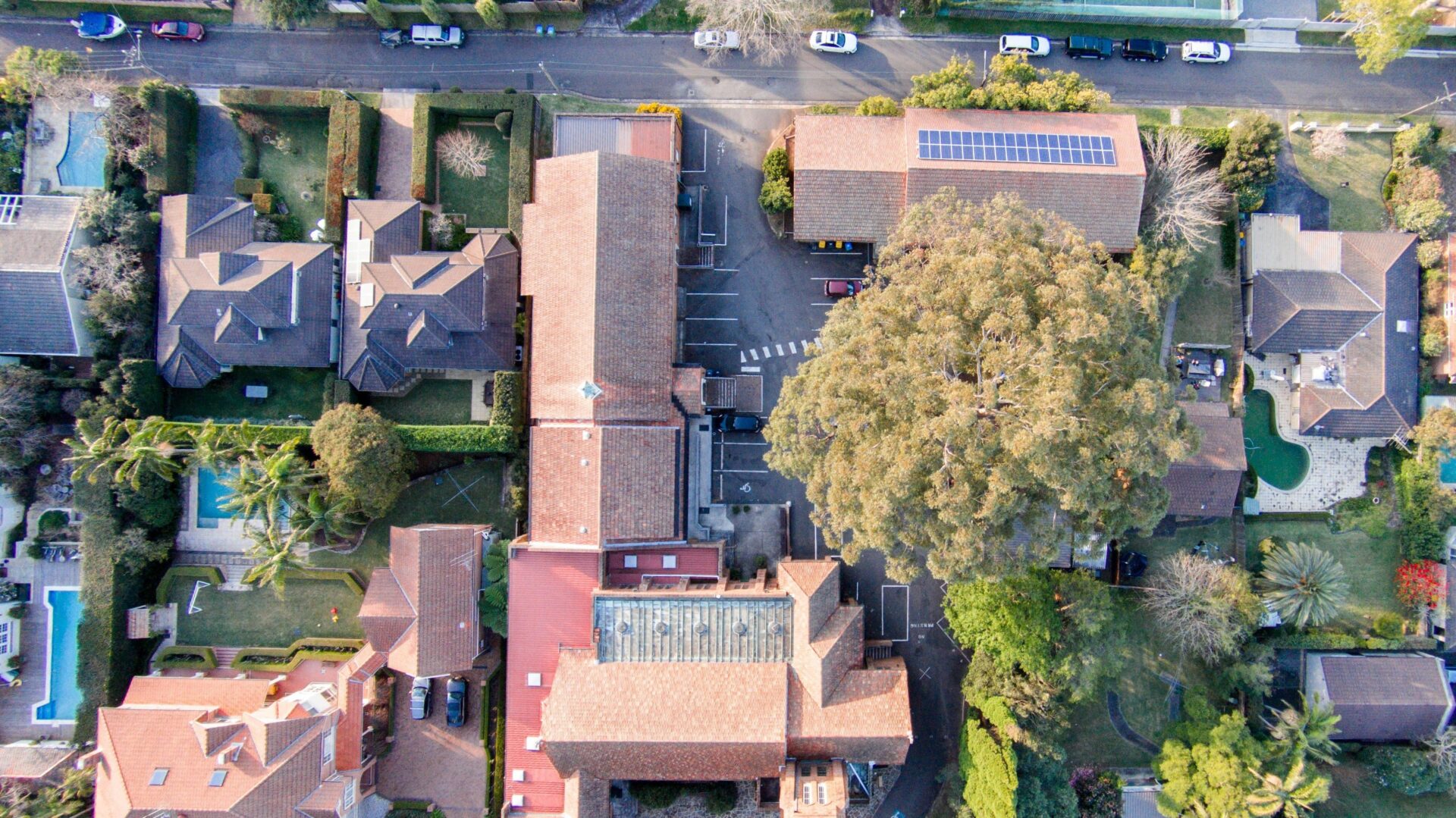Capital Gains Tax Changes Target Expats and Foreigners
The announcement of capital gains tax changes have significant consequences for foreigners and expats. Here’s the rundown…
In late 2019, legislative changes were made that will exclude tax non-residents from accessing the capital gains tax (CGT) main residence exemption.
In short, this directly impacts foreigners and expats who may be considering selling their family home and/or main residence in Australia.
What does this mean exactly?
Here is what you need to know…
Capital Gains Tax Changes—Key Takeaways
This is an overview of what the capital gains tax changes mean:
- If you are a tax non-resident of Australia, you are now excluded from accessing the CGT main residence exemption.
- Limited exemptions will continue to apply for non-residents if certain ‘life events’ occur.
- If you don’t satisfy the conditions for a ‘life event’, your Australian property sale will be taxed on the full value of the capital gain—utilising the original acquisition price for all post-1985 properties.
- A limited transitional window applies for properties sold prior to 30 June 2020.
Transitional Rules Expiring on 30 June 2020
Transitional rules are now in place until 30 June 2020, which will allow non-residents to sell their family home in Australia and still access the main residence exemption.
However, the property must have been acquired before 9 May 2017, and contracts for the property’s sale must be exchanged no later than 30 June 2020.
Therefore, this only provides non-residents with a very limited period of time in which to find an agent, market, and then sell their property.
‘Life Events’
If you would have been able to access the main residence exemption under the prior rules—and have been a non-resident for six years or less—then there is a limited exclusion to the new rules where certain ‘life events’ occur. These include:
- Your death or the death of your spouse or child (under 18 years)
- Terminal illness of you, your spouse, or your child, and/or
- Marriage breakdown and divorce
Under these limited circumstances, non-residents can continue to access the main residence exemption.
For example, if you or your spouse dies while living overseas and it has been six years or less since you became a non-resident, the property can continue to be treated as your main residence upon its sale.
However, if you have been a non-resident for greater than six years, you will not be entitled to the main resident exemption upon the property’s sale, irrespective of whether a ‘life event’ has occurred.
Capital Gains Tax Changes—Expert Advice
Need expert advice on how to best maintain your financial position in light of the capital gains tax changes?
The PrimeAdvisory team has a mountain of experience when it comes to all things tax—and a finger on the pulse with the latest legislative changes and other relevant updates—and will work with you to strive for the best possible outcome.
Email us to get the ball rolling. Or get in touch via our website.








